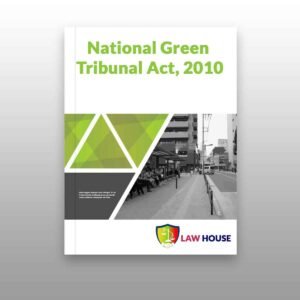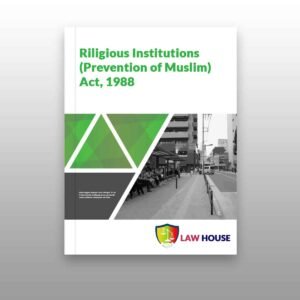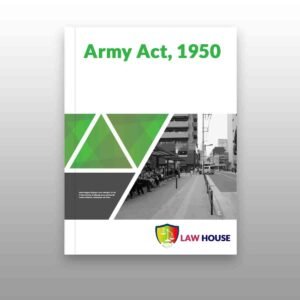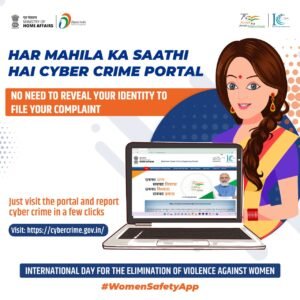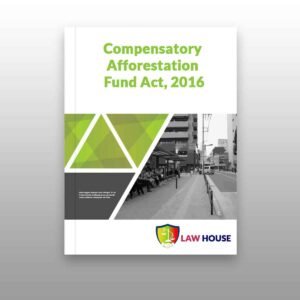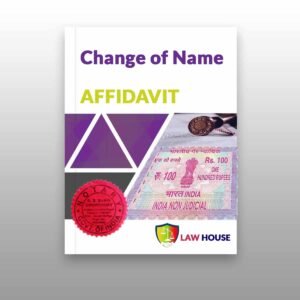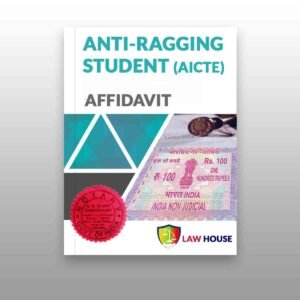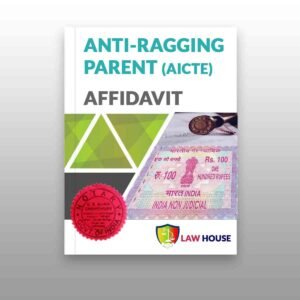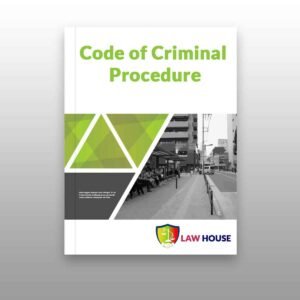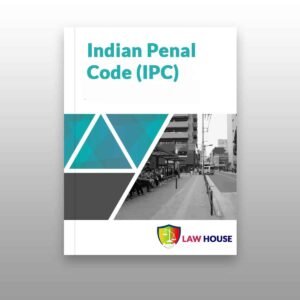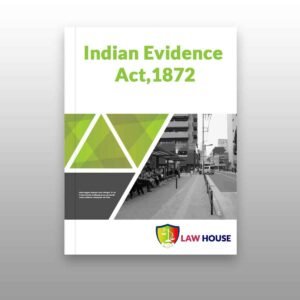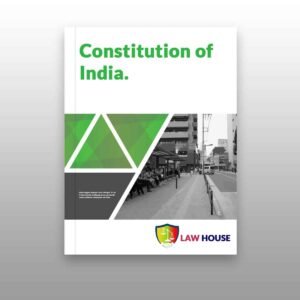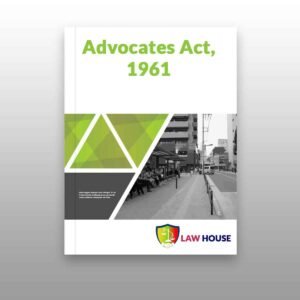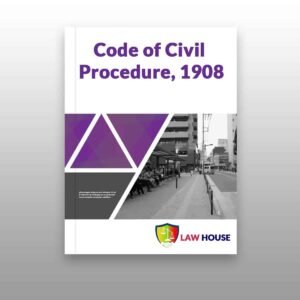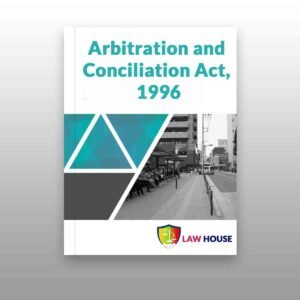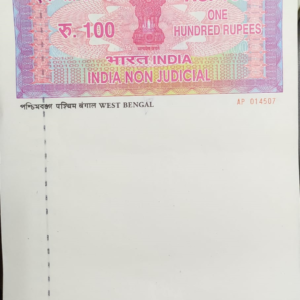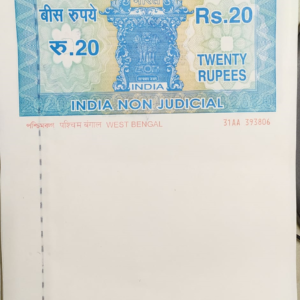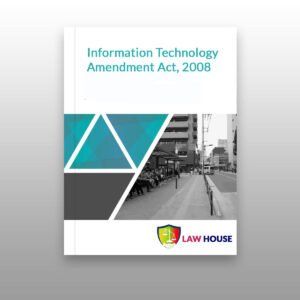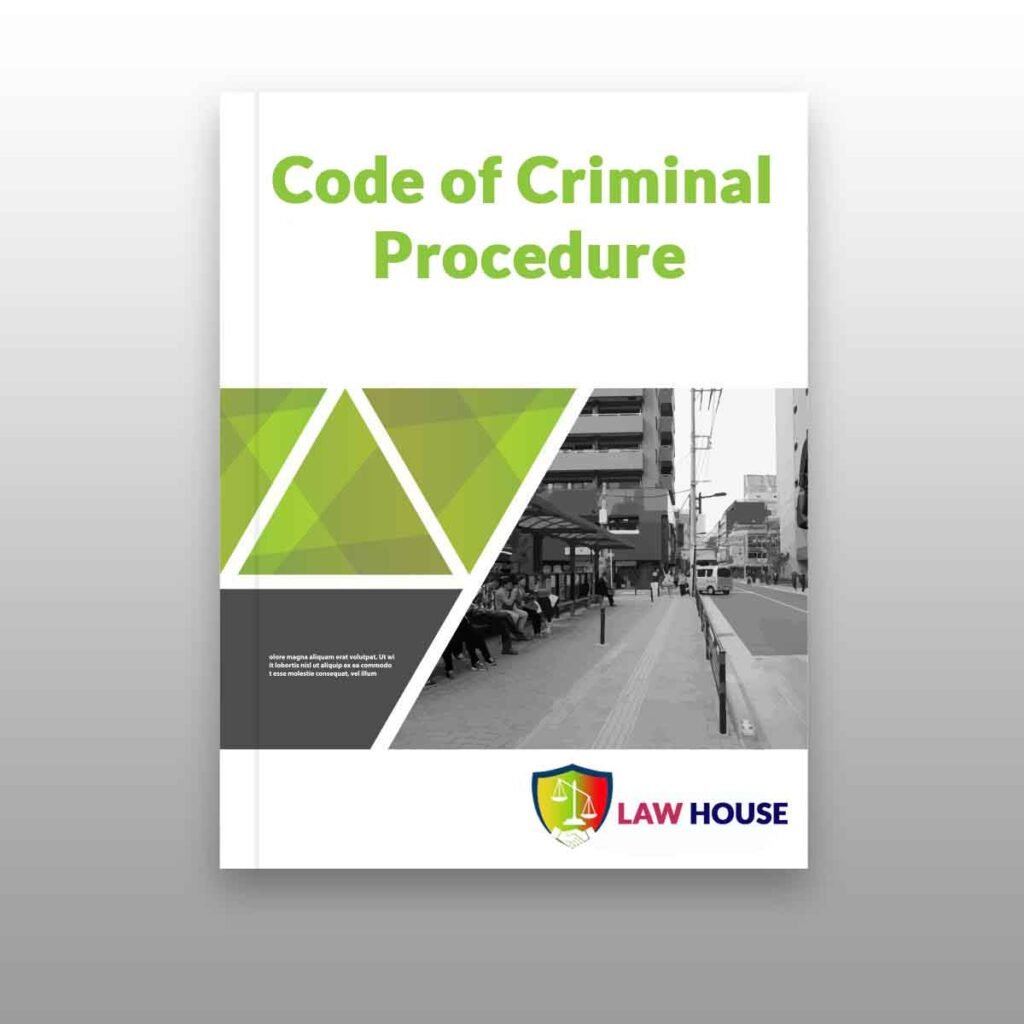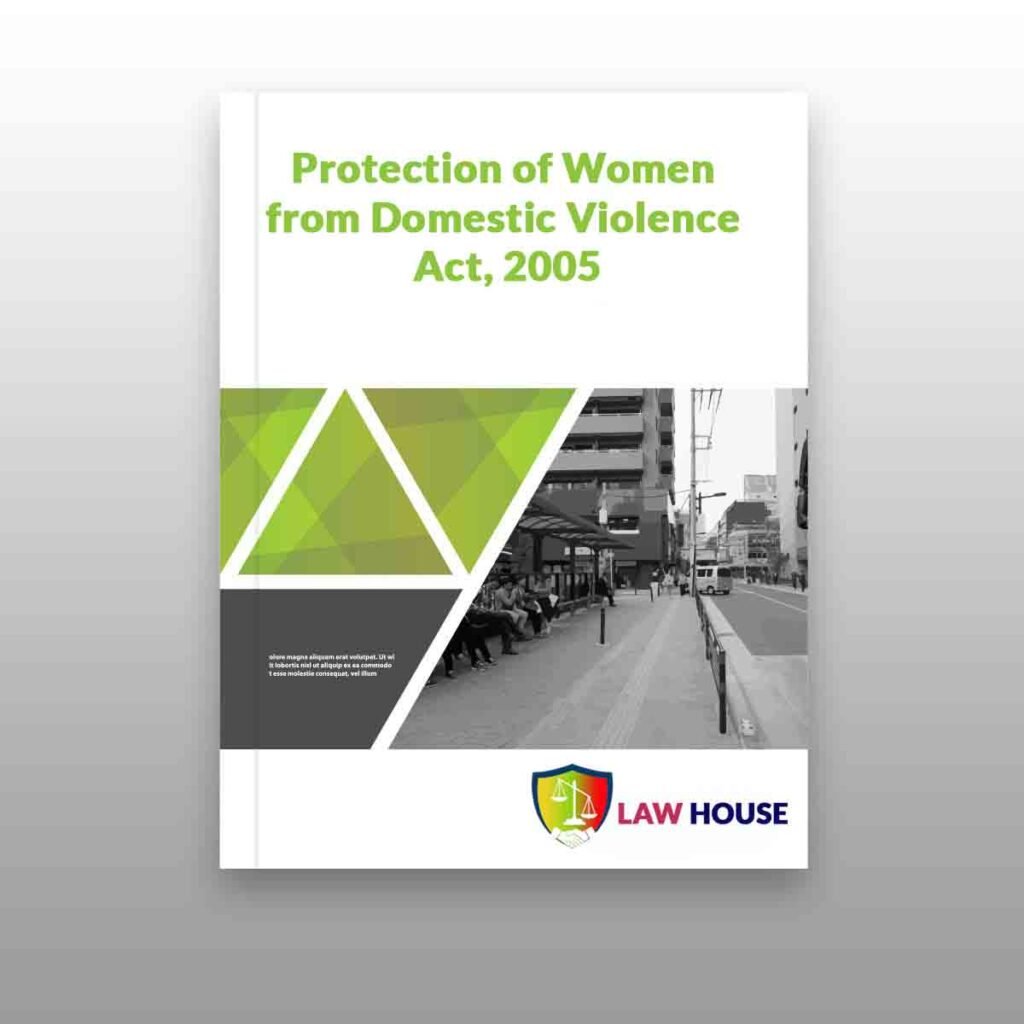This law-guide is for couples in love desiring to live-in together before marriage and the obligations and responsibilities that follow in such a relationship. This guide will help you to find all the legal Rights and obligations in a Live-in relationship.
What is a Live-in relationship?
The Apex Court very clearly in a landmark judgment Indra Sarma vs. V.K.V. Sarma explained live-in relationships in 5 clear-cut ways
- An unmarried adult male and an unmarried adult female living together is the most fundamental kind of relationship.
- A mutually entered domestic cohabitation between a married man with an unmarried adult woman.
- A mutually entered domestic cohabitation between an unmarried adult man with a married woman.
The above 2 relationships fall under adultery i.e. voluntary sexual intercourse of a married person other than with spouse and is punishable under Section- 497 of the Indian Penal Code (IPC) with imprisonment up to 5 years.
- A mutually entered domestic cohabitation between an unmarried adult female and a married male without knowing the marital status of the partner is also punishable under IPC.
- A mutually entered domestic cohabitation between 2 homosexuals, which cannot result in marriage as no marital laws are established for homosexuality in India as of now.
Is Live-in relationship legal?
The Supreme Court in multiple judgments has declared that when a couple has been living and staying together like husband and wife for a few years and even had children, the legal system would consider that the couple was married and therefore, marital laws would be applicable.
In a different case, the Supreme Court opined that if a couple is in love and aspire to live together then it is part of their right to life and not a “sin” thereby legalizing live-in relationships.
How are the women protected?
Protecting the women partners was possibly the most important responsibility of the Court before legalizing live-in relationships and therefore, the ambit of several laws was increased. For instance,
Maintenance to the woman partner
Under the Indian law, the maintenance right is only available to wives under all personal family/ divorce laws. And since no religion recognizes, accepts nor grants any remedy to women in live-in relationships, the Indian Courts have expanded the ambit of maintenance to women-partners under Section- 125 of the Criminal Procedure Code (CrPC).
Domestic Violence
The Domestic Violence Act was executed to provide protection to women against all kinds of abusive marital relationships including verbal, physical, economic and mental abuse. But, under Section- 2 (f), it applies to both married and unmarried couples i.e. to every couple in any relationship in the nature of marriage.
Therefore, keeping in mind all this, the Supreme Court in multiple cases has included live-in relationships to be brought within the purview of the law present.
Are the children protected?
Status of legitimacy and inheritance rights of children in Live-in relationship
Under Section- 16 of the Hindu Marriage Act, children have been provided with inheritance rights where it has been clearly given the legal status of legitimacy to illegitimate children i.e. born out of a marriage for inheritance. Thus, children born in a live-in relationship have been granted inheritance rights. Inheritance rights have also been made available under both self-purchased and ancestral properties.
Related Post:









![Honey trap in Cybercrime: A to Z guide Exploring Honey Trap in Cyberspace [With Video]](https://www.lawhousekolkata.com/wp-content/uploads/Post-Images/Honey-Trap-300x169.jpg)

